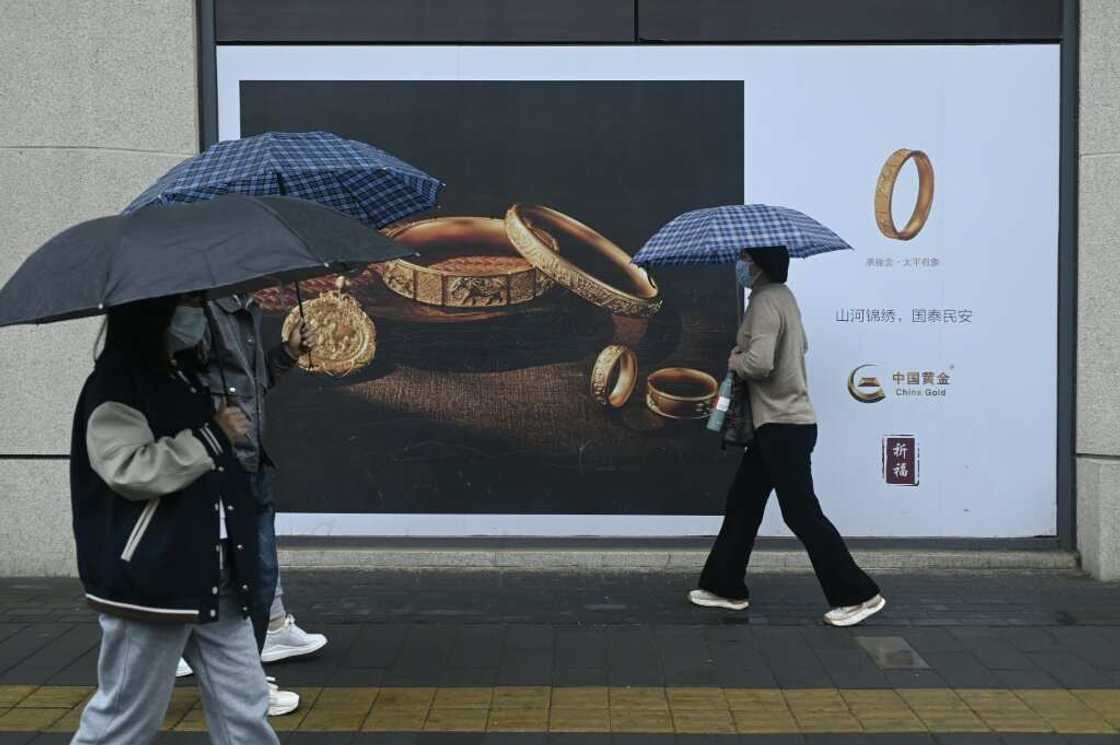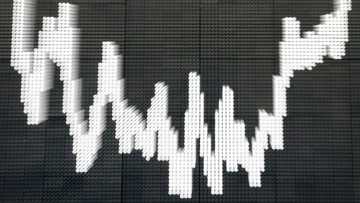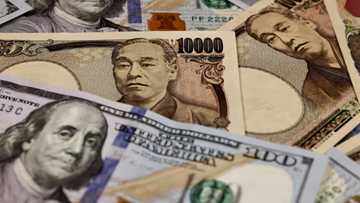China set to post slowing growth on housing, consumption woes

Source: AFP
China's economy is expected to have slowed in the first three months of the year as it continues to be buffeted by a debilitating property sector crisis and flagging consumer activity.
Beijing officials last month set a target of around five percent growth for the year -- a goal they admitted would "not be easy" and which analysts said was ambitious given the headwinds the country is confronting.
But there are some bright spots -- figures last month showed industrial production soared even as consumption remained sluggish, reflecting the uneven recovery China has charted since emerging from growth-strangling zero-Covid policies in early 2023.
And analysts said they expected China to post around 4.6 percent growth in the year's first quarter Tuesday, down from 5.2 percent in the final three months of last year.
Analysts polled by Bloomberg expect it to come in at 4.8 percent.
Woes in the property market remain a millstone for the economy, analysts said, as home prices continued to fall and top developers including Country Garden and Vanke sent out distress signals over their profits and challenges paying off debt.
PAY ATTENTION: Click “See First” under the “Following” tab to see Legit.ng News on your Facebook News Feed!
"Persistent property sector weakness and subdued household consumption, resulting from negative wealth effects from the property correction and somewhat sluggish income growth" will hamper growth, Brian Coulton, Fitch Ratings' Chief Economist told AFP.
Policymakers have announced a series of targeted measures as well as the issuance of billions of dollars in sovereign bonds in order to boost infrastructure spending and spur consumption.
But analysts say much more needs to be done in the form of a "bazooka" stimulus.
'Very bearish'
Ratings agency Fitch this month downgraded China's sovereign credit outlook to negative, warning of "increasing risks to China's public finance outlook" as the country contends with more "uncertain economic prospects".
And analysts say state pledges of support for the property sector are yet to sway the market or consumers.
"Home buyers remain very bearish," Gene Ma, head of China research at the Institute of International Finance, told AFP.
Sluggish consumption is another bugbear.
Last month, retail sales -- the main indicator of household consumption -- increased 5.5 percent year-on-year, down from the previous month despite covering a holiday period that typically sees a spike in spending.
"A lack of domestic consumer demand will remain a drag" on growth despite an improvement on the industrial production front, Heron Lim, an analyst for the Moody's rating agency, told AFP.
Fears that China could slip back into deflation was also a major drag.
Consumer prices fell for several months from August, before rising 0.7 percent in February.
But the consumer price index edged up by only 0.1 percent on-year last month, renewing deflationary fears.
While deflation suggests goods were cheaper, it poses a threat to the broader economy as consumers tend to postpone purchases, hoping for further price reductions.
A lack of demand can then force companies to cut production, freeze hiring or lay off workers, while potentially also having to discount existing stocks -- dampening profitability even as costs remain the same.
"Inflation is a fever of an economy, while deflation is a cancer," Ma said. "A prolonged deflation will hurt consumption and investment demands."
Manufacturing was one bright spot in the first quarter, the analysts said, pointing to the strong official data in March.
"Our proprietary indicators suggest more robust manufacturing activity than construction activity," James Seddon of Goldman Sachs told AFP.
"Relatively positive industrial production and export news mean that growth will come in steady this quarter," Lim at Moody's told AFP.
Still, he warned that more government support would be needed to prop up growth in the medium term, as there were "few policy support measures targeted at supporting domestic consumption directly".
PAY ATTENTION: Donate to Legit Charity on Patreon. Your support matters!
Source: AFP






